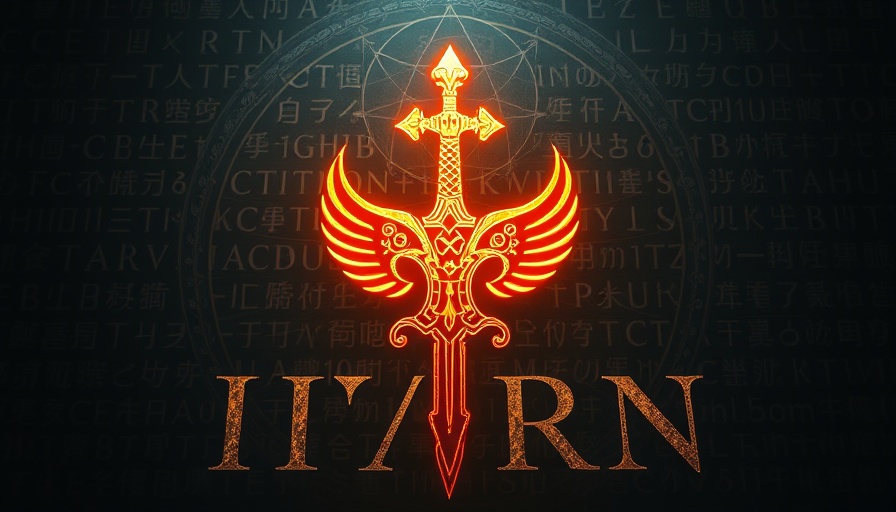
The Growing Need for AI Language Integration
As globalization takes center stage, the integration of artificial intelligence (AI) across various languages and formats, such as JSON and XML, has become increasingly relevant. In urban centers and policy-driven regions, the demand for seamless AI communication in English remains paramount for effective social interactions and political discourse. This need compels professionals and policymakers to consider how AI can bridge cultural divides while fostering understanding through inclusive algorithms and multilingual data representation.
Implications for Society and Culture
The societal implications of AI extend beyond technical frameworks. The shift towards AI-powered systems in urban settings raises critical ethical questions. As AI continues to filter into everyday life, there is a pressing need to examine how these integrations may influence cultural narratives and social issues. For sociologists and tech experts, this presents an opportunity to reflect on the roles that language and communication play in shaping responses to AI’s impact on society. Balancing technology with social good becomes essential in this rapidly evolving landscape.
The Future of AI: Reshaping Jobs and Education
With AI job automation on the rise, concerns surrounding job displacement have echoed in academic conversations and policy discussions alike. The future of work hinges on how well society can adapt to these changes while ensuring equitable access to education and employment opportunities. Educational institutions must now pivot to prepare students for a workforce increasingly influenced by AI and job automation, equipping them with the skills needed to thrive in an AI-driven world.
Call for Ethical AI Development
The cultural impacts of AI necessitate robust ethical frameworks that govern its development and deployment. Policymakers and technologists must collaborate closely to address the potential inequalities exacerbated by AI advances. Crafting policies that promote justice, inclusion, and fairness in the tech sector is crucial in navigating the societal changes brought about by AI. The question remains: how can we harness the power of AI for social good without compromising ethical values?
 Add Row
Add Row  Add
Add 




Write A Comment